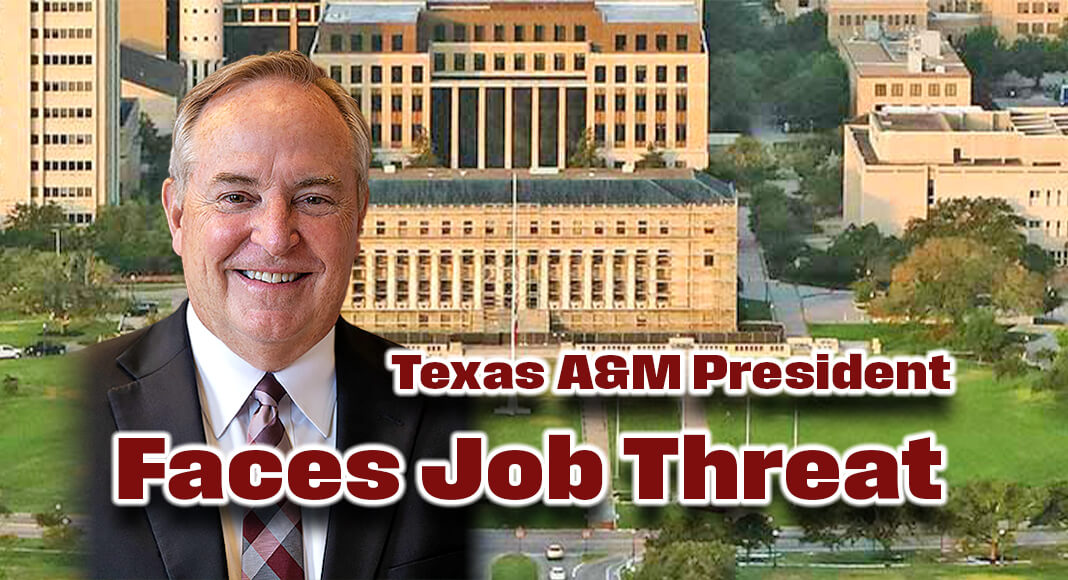
Texas Border Business
Texas Border Business
Texas Governor Greg Abbott threatened Texas A&M University President Mark Welsh III’s position following allegations that the university violated the state’s ban on diversity, equity, and inclusion (DEI) programs. The controversy stemmed from an email inviting faculty and PhD students to a conference with participation limited to Black, Hispanic, or Native American individuals.

The issue gained traction on Monday after conservative activist Christopher Rufo, a senior fellow at the Manhattan Institute, shared the email on social media. Rufo is known for highlighting alleged DEI-related infractions at public universities. Shortly thereafter, a social media user questioned Abbott and Texas Attorney General Ken Paxton about the matter, prompting Abbott to respond on X (formerly Twitter):
“Hell, no. It’s against Texas law and violates the U.S. Constitution. It will be fixed immediately, or the president will soon be gone.”
Conference Participation Sparks Legal Debate
The email, sent by Michael C. Withers, associate dean for research at Texas A&M’s Mays Business School, invited faculty and PhD students to attend the annual conference of The PhD Project, an organization aimed at increasing diversity in academia and corporate sectors. Withers noted that Texas A&M’s legal team had confirmed participation was compliant with Senate Bill 17 (SB 17) under its exemptions for recruitment activities.
SB 17, which took effect last year, prohibits public universities in Texas from maintaining DEI offices, requiring DEI statements, mandating DEI training, or providing preferential treatment based on race, gender, or other factors. However, it allows exceptions for instruction, research, student recruitment, and guest speakers.
Welsh added that Texas A&M faculty and staff attend numerous conferences annually, and the university must ensure compliance with state law and guidance from governing bodies.
Broader Implications of the DEI Ban
Since SB 17’s passage, Texas public universities have been criticized by both sides. State officials have accused universities of insufficient compliance, while faculty and students argue that the law is being over enforced. Noncompliance could jeopardize state funding for public institutions.
In a statement released Tuesday, Welsh reaffirmed Texas A&M’s commitment to adhering to the law:
“Texas A&M does not support any organization, conference, process, or activity that excludes people based on race, creed, gender, age, or any other discriminating factor. The university will continue to honor the law’s letter and intent.”
Lawmakers are expected to revisit the DEI ban during this year’s legislative session, which began Tuesday and may consider expanding its scope. The situation underscores the ongoing tension surrounding DEI policies in Texas and their impact on higher education.














